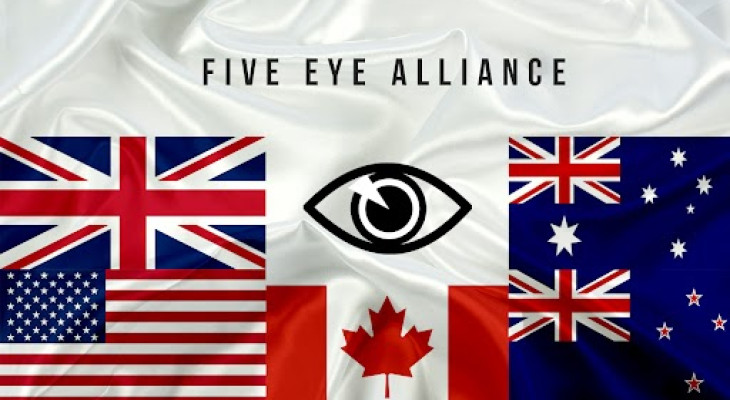Chips are digital diamonds: PM Modi
The Prime Minister Narendra Modi inaugurated the ‘Semicon India – 2025’, aimed at catalysing India’s Semiconductor ecosystem, at Yashobhoomi in…

Five Eye Alliance
After India expelled the High Commissioner of Canada, the members (Australia, Canada, New Zealand, the UK, and the USA) of the Five Eye Intelligence Alliance expressed their deep concerns over the issue. While Australia and the USA said they are deeply concerned about the ongoing situation between India and Canada, the UK on the other side is continuously in touch with Ottawa, and New Zealand is still away from any remark on the issue. All five countries have significant diaspora and have good relations with India. However, all the members declined the sanction imposed by Canada over India, because the US and Australia both have a partnership with India in QUAD member countries.
On Monday, Canadian Prime Minister Justin Trudeau told the House of Commons that there are serious allegations linking Indian government agents to the June killing of pro-Khalistan militant Hardeep Singh Nijjar. A senior Indian diplomat who was said to be the Chief of India’s Foreign Intelligence Agency in Canada was also expelled. India described the claims that Indian government agents murdered Nijjar in British Columbia in June as “absurd and motivated.” However, both India and Canada’s close allies seem to be taking it seriously.
Canada asked the members of the Five Eyes alliance to jointly report the results of the investigation. However, some members, including the United States, refused to “underline the lengths the Biden administration went to avoid pitting India against Asia’s powerhouse as a strategic counterweight to China.” The Post quoted an anonymous Western diplomat as saying that Canada pressured members of the Five Eyes intelligence-sharing network to elevate Nijjar’s killing with India “to the highest level of administration and issue a joint statement condemning the act as contrary to international norms.”
While the world is still processing the development and giving initial reactions, the situation of the large Indian diaspora living in Canada, especially Indian students, is worrying. Every year, thousands of Indian students come to Canada for higher education and also become an active part of its workforce. So far, no significant impact is expected on students or other Canadian Indian citizens. Authorities and immigration officials have not released any information that should be of concern to Indian students or the larger Indian diaspora in Canada. Notably, this influx of Indian students has also significantly affected the ability of Canadian universities and colleges to offer subsidised education to domestic students.
Advertisement